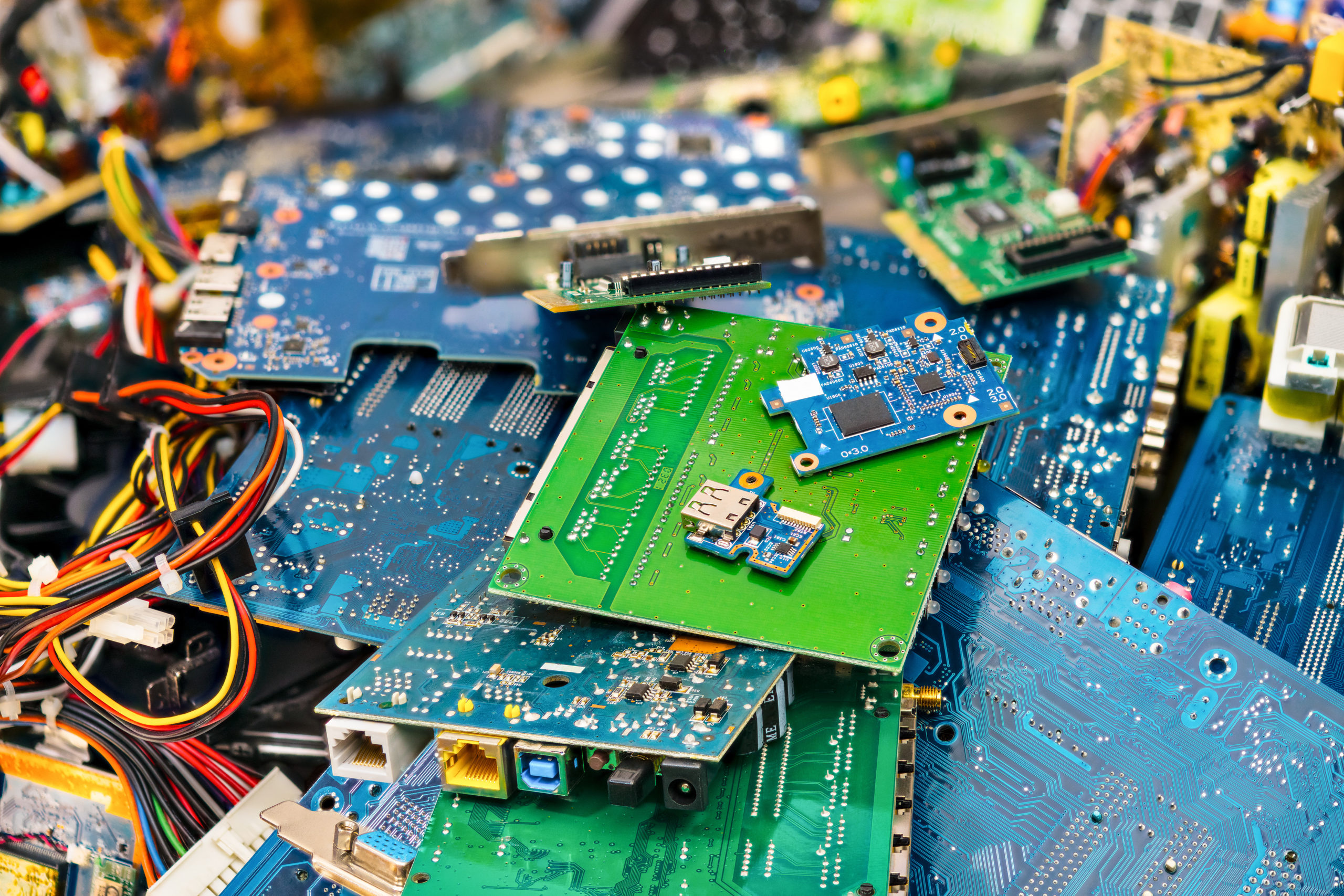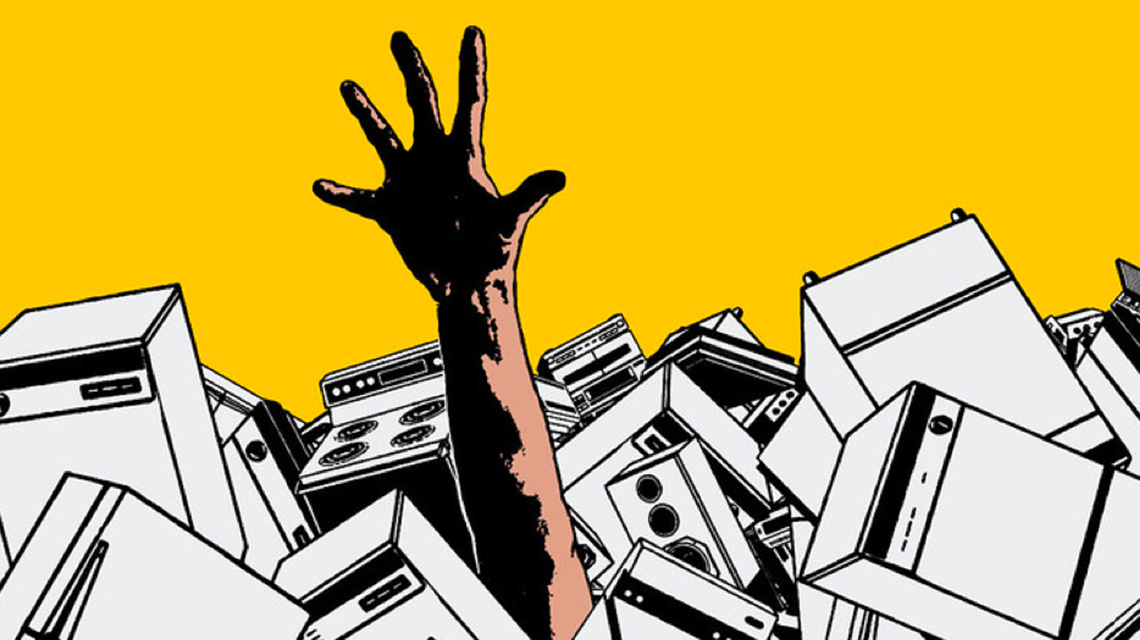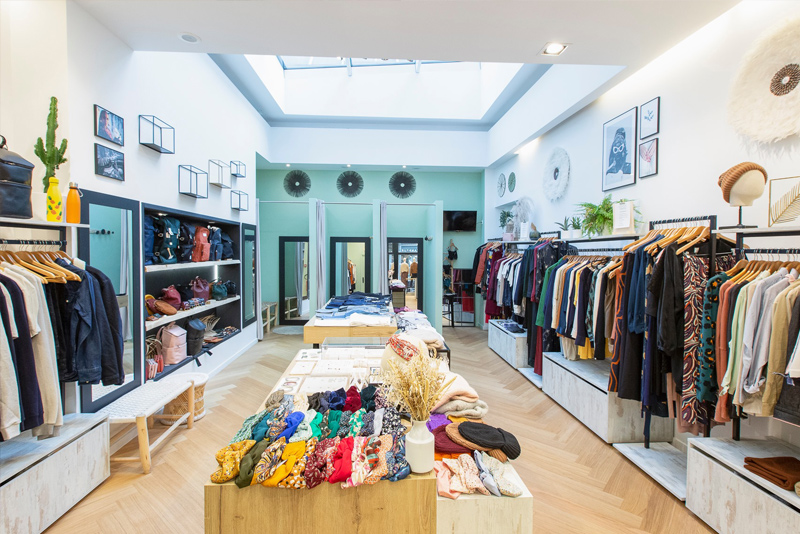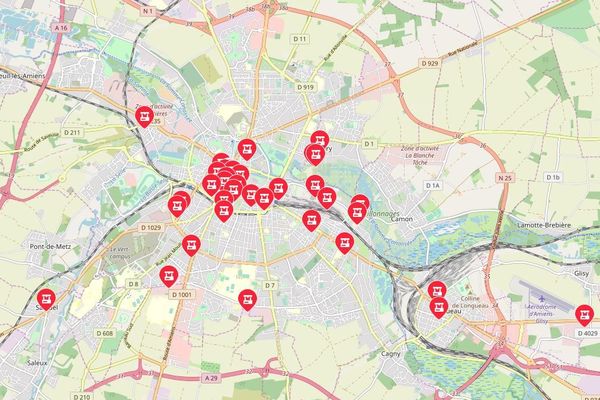Designing With Web - Part 3: week 1
Decouple economic growth from environmental degradation
Group 96
- Victor Martin: Exploration on Miro
- Claire De Montgolfier: Exploration on Miro
- Emma Ungethum: Exploration on Miro
- Justin Dupont: Exploration on Miro
Project 1: ECOSCAN
Context
when? where? who? why?
We want to create an application that decrypts product labels and analyzes their impact on the environment. Indeed, in our modern world, we want to foster economic growth and development, while ensuring that natural assets continue to provide the resources and environmental services on which our well-being relies. In this perspective, using less resources per unit of economic output and reducing the environmental impact of any resources that are used are overarching objectives to be achieved.
So, we think that our application will encourage more responsible production and consumption, in order to decouple economic growth from environmental degradation. A fairer and more sustainable way of consuming is the key of our future.
Target
for whom?
More and more people are careful about what they buy for the sake of the environment. Our app is all about helping people consume more eco-friendly products. Indeed, the packaging does not contain the carbon footprint of the products and people concerned about the environment have difficulties in knowing if a product is eco-friendly or not. The consumer is lost in the face of the many products he can buy, and we want to let him know the impact of the product on the environment to help him choose. Our goal is therefore to help the responsible consumer with a sort of Yuka-app, but instead of doing it for food products, we do it for electrical products by informing users about the environmental impact of the products.
Service offered
what? how?
The principle is as follows: when choosing a product at the supermarket, you scan its barcode with your phone. If it is already listed in our database, the application gives it a color code: green for eco-friendly and red for carbon-emitting and eco-unfriendly.This indication could be accompanied by a detailed presentation of the environmental defects of the product or, on the contrary, of its environmental qualities. It includes materials used, mode of production, transport,...
Identity
Pick images to describe the universe around your service (context,
users, places, techs, …) and name your service accordingly.
Don't try to illustrate the final service that you may have in mind but
instead its context.









Benchmark
List concurrents / relative projects and describe how they relate/differentiate to your project
- "C'est qui le patron" is an application that rates food as Yuka does, but also integrates the environmental impact dimension. We would like to make a similar application, but with electrical devices. Click here to learn more about "C'est qui le patron".
- "BuyOrNot" is an ethical scanner that informs about the social conditions of the company's employees, if the company is subject to a boycott, if it uses palm oil, etc. This is a principle that we could eventually integrate into our application, taking into account the social dimension in addition to the environment. Click here to learn more about "BuyOrNot".
- "Clear Fashion" is an application which, on the same model as Yuka, scans clothes and allows you to see their ethical level live, with a score from 0 to 100, taking into account environmental, human, animal and health commitments. Click here to learn more about "Clear Fashion".
References
books/films/articles/...
- The article "What is the ecological footprint of your electronic devices?" makes us aware of the huge environmental impact of the production of electrical devices. Click here to learn more.
- The 2018 ADEME study assessed the carbon impact of various household devices. Click here to see the study.
- This article informs us about programmed obsolescence, which is a practice used by firms to force users to dispose of and frequently replace their devices. It is a major source of pollution because it greatly increases CO2 emissions due to transport and production, and also has an impact on resources, which we exploit constantly. Click here to learne more about programmed obsolescence.
Project 2: Find your fair shop
Context
when? where? who? why?
The environment today is in danger, and we must change our consumption patterns. We all know this. But it is sometimes difficult to know how to change our consumption patterns, where to find quality, what to buy... That's why we now offer our Find your fair shop application, which shows all the fair trade shops around the location of the phone or address that the user will indicate. This way, everyone will have a tool to find alternatives to their consumption.
And on the other hand, fair trade businesses will also gain: they will have better visibility, and will win new customers that will be easy to retain because these customers surely live next door!
Target
for whom?
This service is aimed at all people who want to change their lifestyle and consumption patterns in an eco-responsible way. It is therefore primarily aimed at young people and young adults, although studies show that even the older generations are beginning to want to make a difference. This service is aimed in particular at citizens who are not already particularly committed to the environment (i.e. who are not already familiar with fair trade) as it allows them to discover certain businesses.
Service offered
what? how?
The application propose two kind of services :
Firstly, if you enter a position, the application will show you all the fair shops that are around this position.
Secondly, you can also look for a particular product, that you can enter in the application, and thanks to geolocalisation, shops that sell this kind of products will be proposed to you. During this research, you will also be able to choose some filters (like "10 kilometers around my position") for a more precise research.
Identity
Pick images to describe the universe around your service (context,
users, places, techs, …) and name your service accordingly.
Don't try to illustrate the final service that you may have in mind but
instead its context.








Benchmark
List concurrents / relative projects and describe how they relate/differentiate to your project
-
CforGood, to geolocate eco-responsible players close to home (
Click here to download it )
Born in 2016, this application maps responsible traders and committed associations according to several criteria. These include: the sale of eco-responsible products and/or services, zero waste and short circuits. -
Zei, "the accelerator of ecology". (
Click here to know more about it)
Zei, a young Marseille sprout launched in 2015, provides a platform that benchmarks eco-responsible products and services. But above all, the startup is developing a BtoB offer to help companies and employees improve or initiate a CSR (social and environmental responsibility) approach.
In concrete terms, companies have access to the issues at stake in their sector and can set themselves improvement targets to be more environmentally friendly. And if they wish, they can open their profile to their employees so that they can collaborate in choosing solutions. The latter can suggest actions or prioritise some of them. - Pushoose : This app, created in 2017, helps people find merchants and artisans near them. Users send a product request and are connected with sellers who have downloaded the app and offer a product similar to their expectations. It is mainly fashion and furniture. The app ensures to select ethical and environmentally friendly sellers. Click here to learn more about "Pushoose".
- Here is a site that lists 7 applications that offer a service similar to the one we are going to propose. However, the main defect of these applications is the too low number of proposed merchants. It is therefore a point on which we must work.
References
books/films/articles/...
- Here is a summary of the benefits of local consumption. Some of the arguments are surprising, you might not expect them...
- Consumption has a very detrimental impact on our planet. The following resources are a warning to our current consumption patterns, and an invitation to change. Local and ethical consumption appear to be interesting solutions. Click here and here to learn more about the negative effects of mass consumption.
- According to Philippe Maingault, consumption must absolutely be integrated into an economic, environmental and social dimension. This is the only possibility to limit the damage of climate change and fight against growing inequalities. Thus, fair trade is essential as a means of reducing the damage caused by climate change and fighting against growing inequalities. Click here to learn more about it.
- An article about our potential competitors : 10 applications éthiques ppur consommer en toute connaissance de cause
- An article about how consuming local is good and important for the environment and the local economy ! Global trade and advantages of local buying
- A very good documentary to see a lot of inventions and creations that are good for the environment and lucrative : Demain, Mélanie Laurent and Cyril Dion, 2015